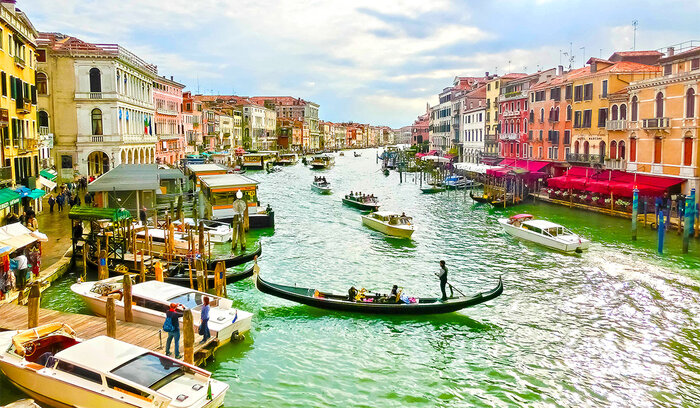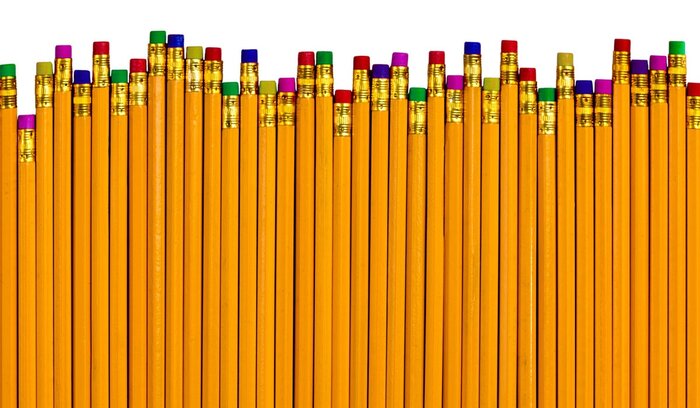
Barcarolle
[BAR-kə-rol]
Part of speech: noun
Origin: Venetian Italian, 18th century
1.
A song traditionally sung by Venetian gondoliers.
Examples of Barcarolle in a sentence
"Working in the garden, Judy sang a barcarolle she learned in Venice on her honeymoon."
"Tourists love the melodic barcarolles the Venetian gondoliers have sung for centuries."
About Barcarolle
In Venetian, “barcaruola” translates to “boatman’s song.” “Venetian” is more than a dialect of Italian, but actually a separate Romance language spoken by some 5 million Italians. English speakers, largely introduced to this musical form through opera, flattened the many vowels of the Venetian word “barcaruola” into the easier-to-pronounce “barcarolle.”
Did you Know?
Though barcarolles originated as gondoliers’ songs, by the 18th century, vocal barcarolles were being incorporated into operas, such as by Italian composers Giuseppe Verdi (in his opera “I due Foscari”) and Gioachino Rossini (“Otello”), and by international composers, including the German Carl Maria von Weber (“Oberon”) and the German-French Jacques Offenbach (“Les Contes d’Hoffmann”). Traditional barcarolles are sung in a meter of 6/8 in order to match the gondolier’s paddling rhythm. Such relaxed, mid-tempo meters promote a reflective mood in the listener: some well-known pop songs in 6/8 time include the Beatles’ “Norwegian Wood,” Seal’s “Kiss from a Rose,” and Billy Joel’s “Piano Man.”








